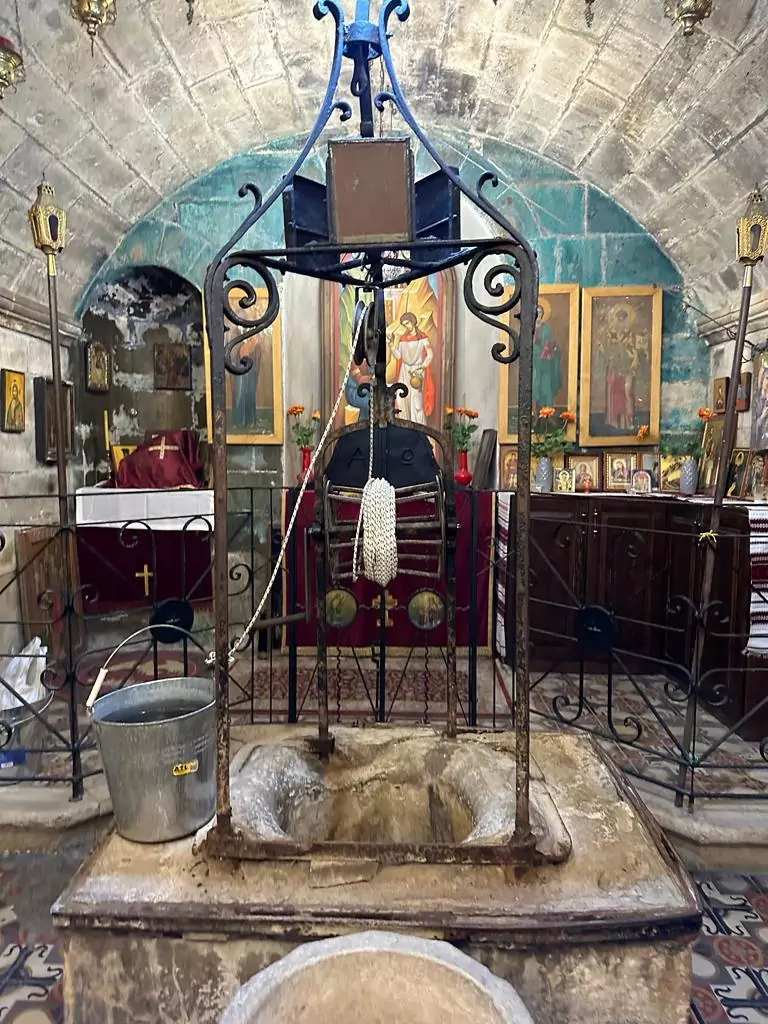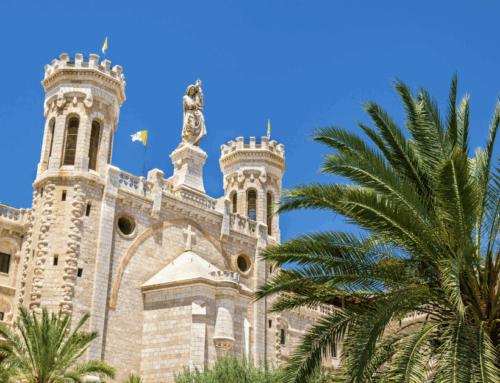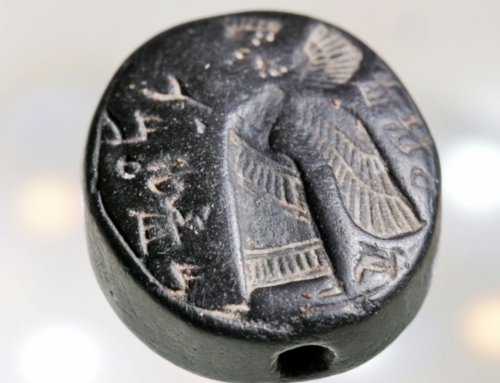Nestled near the ancient city of Shechem (Sychar), in the West Bank, lies Jacob’s Well. An ancient well with a rich biblical history serves as a poignant reminder of faith and transformation. Shechem is located about 30 miles north of Jerusalem and in Biblical times it was in the Samaria region.
In this blog post, we will take a closer look at Jacob’s Well significance as a place of pilgrimage and explore the site’s historical background.
Biblical Significance
Jacob’s Well finds its origins in the Book of Genesis in the Bible. According to Genesis 33: 18-20, Jacob, the grandson of Abraham, had journeyed to the land of Canaan with his family. As they reached Shechem, Jacob bought a piece of land, pitched a tent, and built an altar. While there is no mention of a well, the well is named after Jacob.
The significance of Jacob’s Well lies in the New Testament. The most renowned incident associated with Jacob’s Well is the encounter between Jesus and the Samaritan woman, as described in the Gospel of John (John 4:4-42).
“Now he had to go through Samaria. So he came to a town in Samaria called Sychar, near the plot of ground Jacob had given to his son Joseph. Jacob’s well was there, and Jesus, tired as he was from the journey, sat down by the well.” John 4: 4-6.
Jesus, wearied from his journey, sat beside the well, and engaged in a profound conversation with the Samaritan woman. Jesus was breaking social norms, as Jewish men would not speak to a Samaritan woman. Jesus spoke of the “living water” he could provide; water that would satisfy her thirst forever. He disclosed knowledge of her past and ultimately revealed himself as the Messiah.
The Samaritan woman recognized Jesus as the Messiah and was profoundly transformed. She encouraged other Samaritans to follow Jesus the Messiah. This encounter holds deep significance, symbolizing Jesus’ message and profound impact, as well as his compassion and love, transcending social and cultural barriers.
Historical Background
Jacob’s Well has endured the passage of time and witnessed numerous historical events. In the fourth century, a church was constructed around the well, marking it as a place of veneration for early Christians. Yet the church was destroyed during the Samaritan Revolts, leaving only remnants of its former glory. Over the centuries, the site changed hands several times. It was rebuilt and destroyed several times until the Greek Orthodox Church acquired the property in 1860.
Today, Jacob’s Well lies within “The Church of Jacob’s Well.” The well is covered by a stone casing with a small opening, providing visitors with a glimpse of its ancient waters. Within the vicinity, one can also explore the remains of the Byzantine church, which include intricate mosaics and architectural fragments.
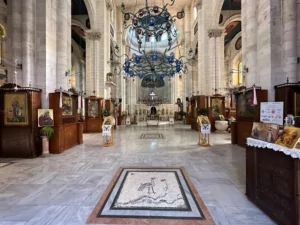
Photo Credit: Cindy Brannon
Jacob’s Well is an inspiring and authentic site. It holds immense biblical significance, serving as a reminder of the transformative power of encounters with Jesus and the depth of his compassion. The site itself stands as a testament to the enduring faith and devotion of generations, leaving visitors with a profound sense of reverence and awe.
Please note that currently only private tours may visit this site – consult with our experts today!
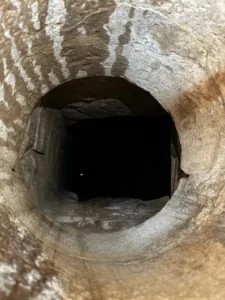
Photo Credit: Cindy Brannon

